Aida Daily: Blue Origin's Rocket Hurdle / LA's $275B Wildfires / FDA's Cigarette Revolution
Aida Daily
Hello space enthusiasts and Earth dwellers! From Blue Origin's icy launch delays to LA's fiery wildfires, today's newsletter covers cosmic ambitions, AI marvels, and even Xenon gas battling Alzheimer's. Dive in and stay informed!
Blue Origin’s New Glenn Takes Another Launch Swing
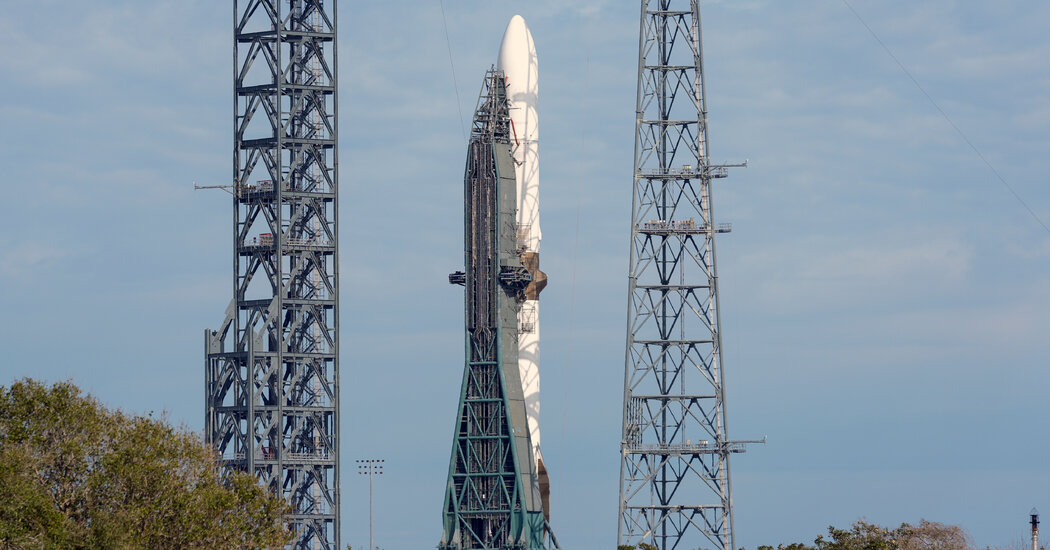
Blue Origin, led by Jeff Bezos, faces another launch hurdle for its 321-foot New Glenn rocket, now aiming for a liftoff on Thursday, January 16, after ice caused Monday's scrub. With a 45-ton payload capacity to LEO, New Glenn could shake up the space race against SpaceX. Weather’s playing hard to get, so a Friday backup is in the wings. Stay tuned live on Blue Origin’s site as they attempt to make ice a non-issue!
Los Angeles Wildfires: A $275 Billion Blaze

Los Angeles grapples with historic wildfires, claiming over 25 lives and decimating 12,000+ structures. Estimated damages soar between $250-275 billion, eclipsing the 2018 Camp Fire. Fueled by hurricane-force Santa Ana winds and prolonged drought, experts cite climate change as the culprit, aligning with public concern. As recovery kicks off, the financial strain impacts governments, insurers, and residents alike, with rising construction costs and consumer prices on the horizon. Stay safe as firefighters battle these fiery foes!
BepiColombo's Final Mercury Flyby

On January 8, 2025, ESA and JAXA's BepiColombo spacecraft made its sixth and final gravity assist flyby of Mercury, diving to just 295 km above the north pole. It snapped jaw-dropping images of shadowed craters like Prokofiev and volcanic plains, hinting at icy secrets despite Mercury’s blazing proximity to the Sun. As BepiColombo gears up for orbit in late 2026, scientists are buzzing with excitement to decode Mercury’s frosty mysteries and fiery past. Stay tuned for more cosmic revelations!
FDA Eyes Non-Addictive Cigarettes: A Game Changer?
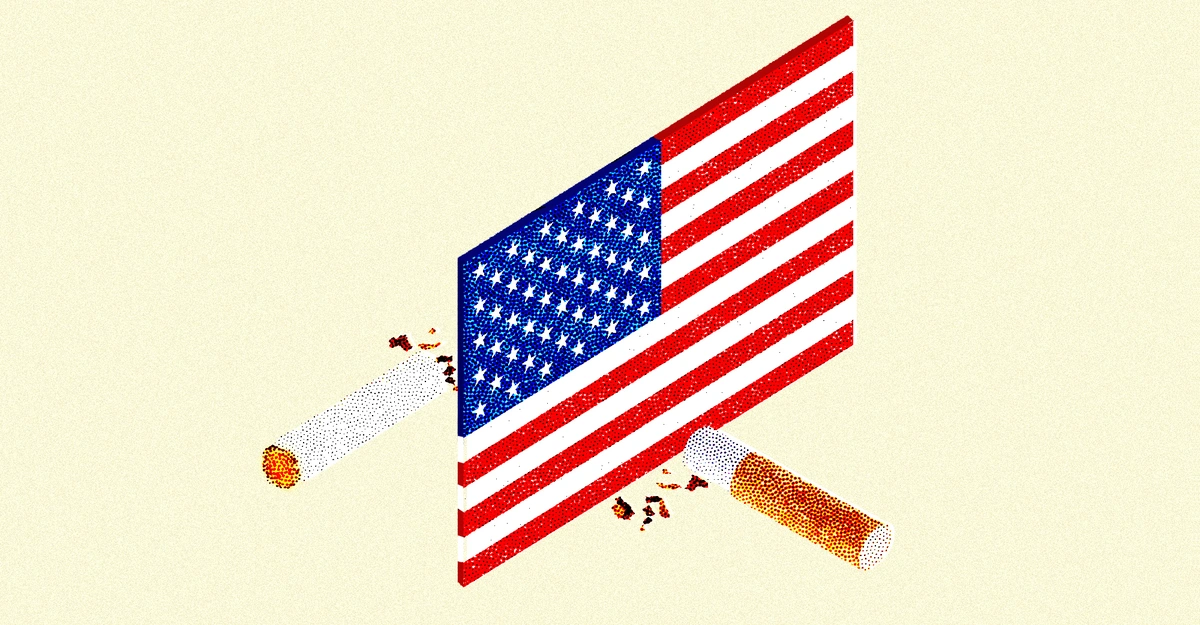
The Biden administration's FDA, spearheaded by Dr. Robert Califf, has unveiled a bold proposal to cut nicotine in cigarettes to non-addictive levels. If enacted, this 2025 initiative could prevent 48 million young folks from picking up smoking and help 12 million current smokers quit within a year, potentially saving $1.1 trillion in healthcare costs by 2065. However, experts worry about a booming black market. Public feedback will shape the future of this groundbreaking move.
Nvidia's AI Takes Healthcare to the Next Level with Major Partnerships
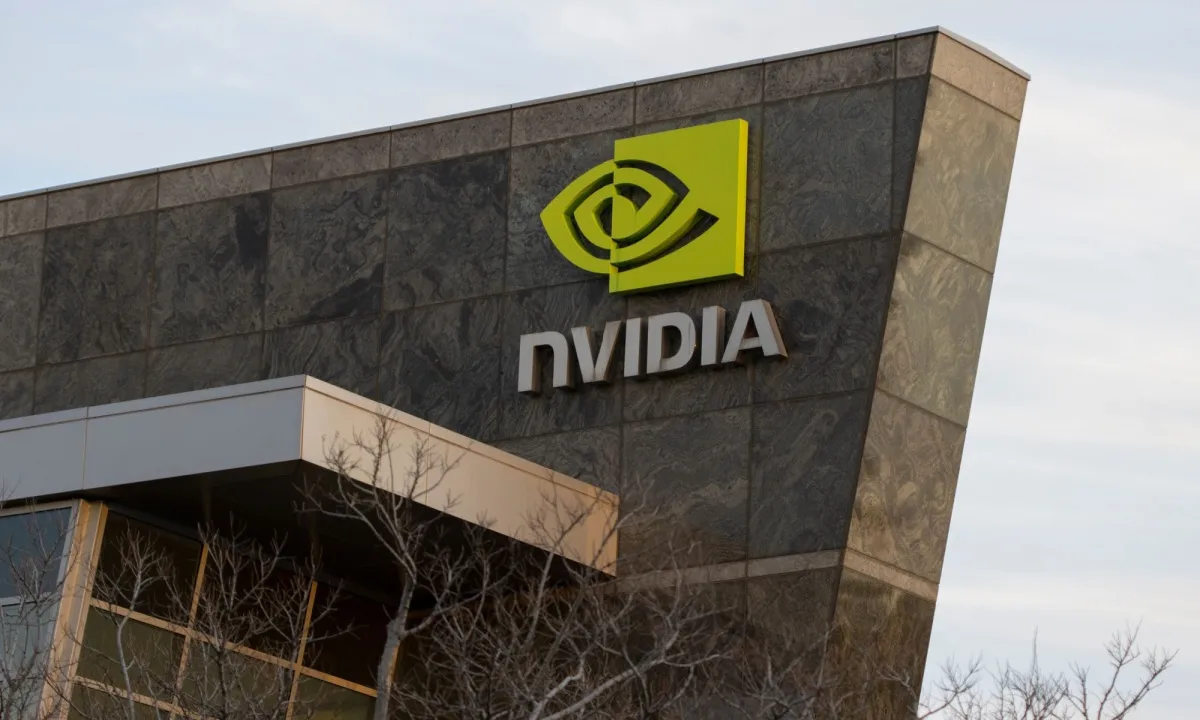
In 2025, Nvidia is transforming healthcare through key alliances with IQVIA, Illumina, and the Mayo Clinic. These collaborations leverage advanced AI and multiomic data to accelerate drug discovery, enhance genomic research, and develop AI-assisted surgical tools. Notable innovations include AI models for cancer treatment and streamlined clinical trials using technologies like SpliceAI and PrimateAI-3D. Nvidia’s efforts aim to personalize medicine and improve global patient outcomes—proving that even tech giants have a compassionate side.
China’s Cosmic Solar Ambition

In a bold leap beyond Earth, China announced plans to erect a solar power station 36,000 km above us by 2035, aiming to rival the Three Gorges Dam’s 100 billion kWh annual output. Utilizing the mighty Long March-9 rockets, this space-based marvel will beam microwaves back to Earth, potentially matching global yearly oil extraction. While Iceland jokes about launching mini arrays by 2030, China’s celestial project faces hefty tech and financial hurdles. If successful, we might just soak up the sun—literally—from space!
AI Breakthrough in Snakebite Treatment

In a 2024 study, researchers harnessed AI to design proteins that neutralize cobra venom, successfully saving mice from lethal doses. This marks a potential revolution in snakebite therapy, replacing costly, animal-derived antivenoms prone to adverse reactions. The AI-crafted proteins aim to create a universal antivenom, effective against hundreds of venomous snakes. With enhanced manufacturing and safety, this innovation could democratize treatments for neglected tropical diseases—proof that even snakes face a high-tech showdown.
Breathing New Hope: Xenon Gas Takes on Alzheimer's
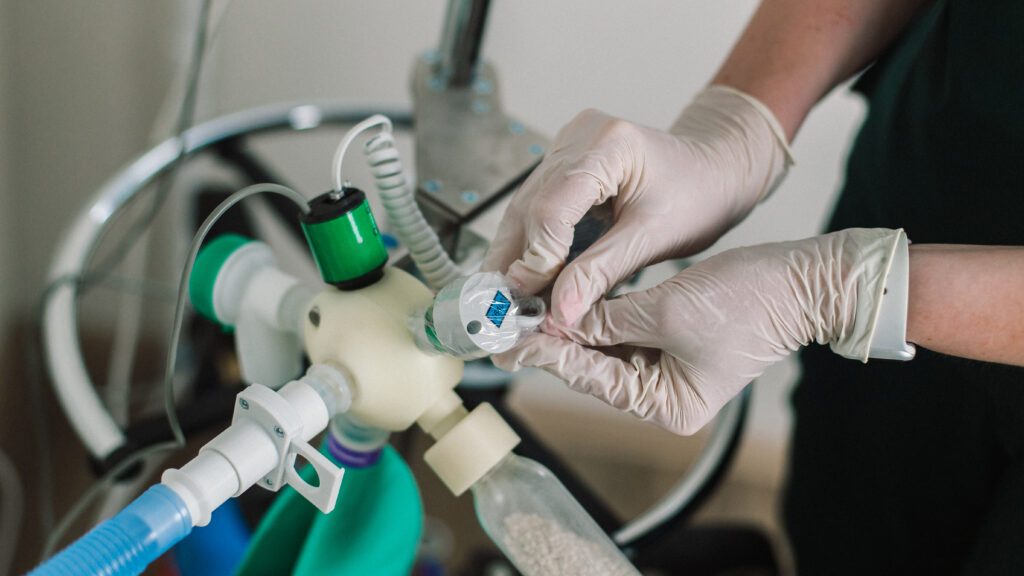
In early 2025, Brigham and Women's Hospital launches a Phase I trial to see if inhaling Xenon gas can outsmart Alzheimer's. This noble gas, known for crossing the blood-brain barrier, showed promise in mice by reducing neuroinflammation and brain atrophy. If humans follow suit, we might just breathe easier against neurodegeneration. Here's to hoping that a simple inhale could puff away the woes of Alzheimer's!
Vatican Enacts First AI Law, Setting Ethical Precedent

In a groundbreaking move this month, Vatican City introduced its first artificial intelligence law, banning discriminatory AI practices and establishing a dedicated commission for oversight. Drawing inspiration from the EU’s regulations, the decree champions transparency, inclusion, and human dignity—proving even the smallest state can make a big ethical statement. Spearheaded by Pope Francis, the initiative ensures AI aligns with the Church’s mission. This landmark legislation may inspire other nations to follow suit, blending faith with futuristic tech.
Concordia’s Abundant Intelligences: AI Embraces Indigenous Wisdom
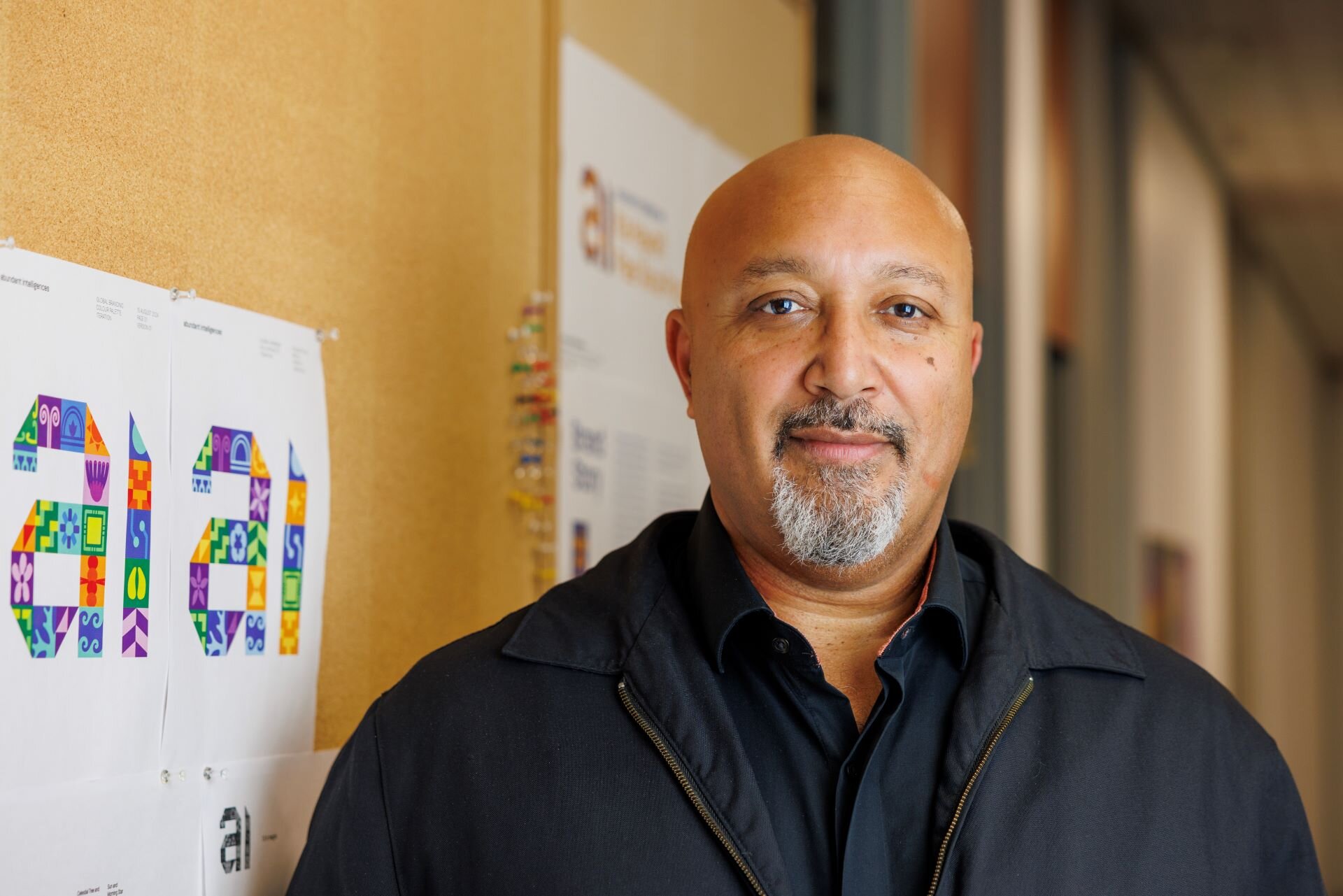
In early 2024, Concordia University kicked off the Abundant Intelligences program to tackle AI biases by weaving Indigenous knowledge systems into its fabric. Partnering with diverse institutions and communities, the initiative champions endangered languages and addresses vital environmental and health issues. By ditching the scarcity mindset, Concordia is pioneering inclusive, ethical AI—proving that when tech meets tradition, innovation thrives with a compassionate twist.
Microsoft 365 Copilot Chat Launches to Supercharge Your Workflow
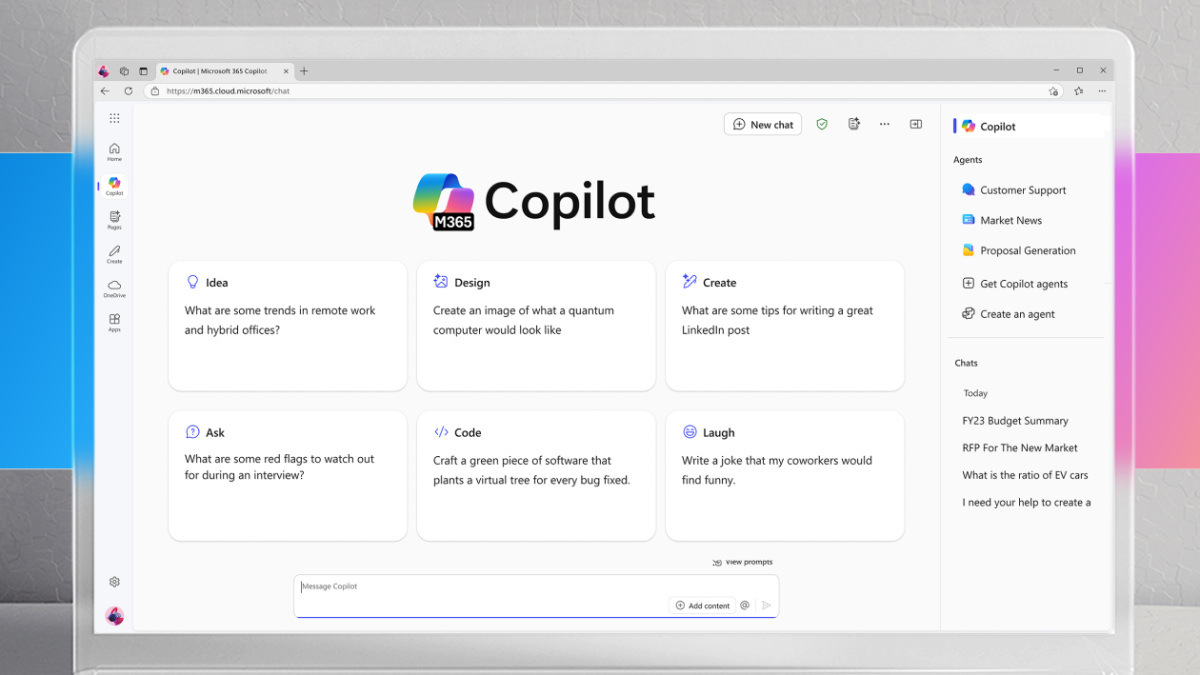
In a bold move, Microsoft unveiled Microsoft 365 Copilot Chat on GPT-4o, aiming to make AI an everyday office hero. This new feature offers user-friendly, secure AI tools for businesses of all sizes, providing free chat and pay-as-you-go AI agents for tasks like market research and document prep. By integrating seamlessly with Microsoft 365 apps, Microsoft seeks to drive AI adoption and ROI, nudging more companies towards its premium Copilot subscriptions—because who doesn’t want a smarter coworker?
Naujienlaiškis „Aida Daily“
Your AI-curated daily news briefing, spotlighting the latest in technology and global development. Stay informed with insights that matter.